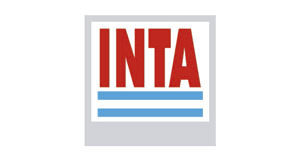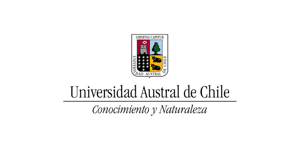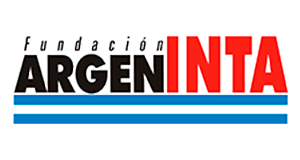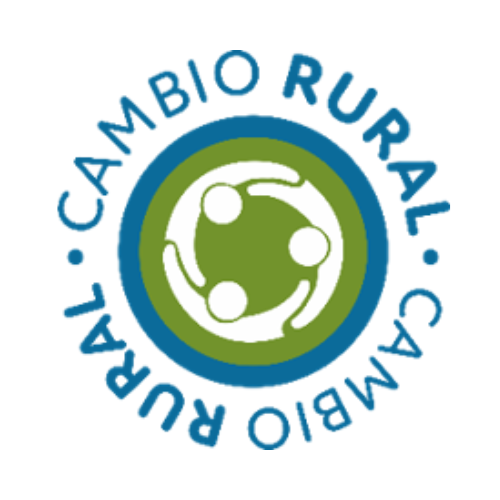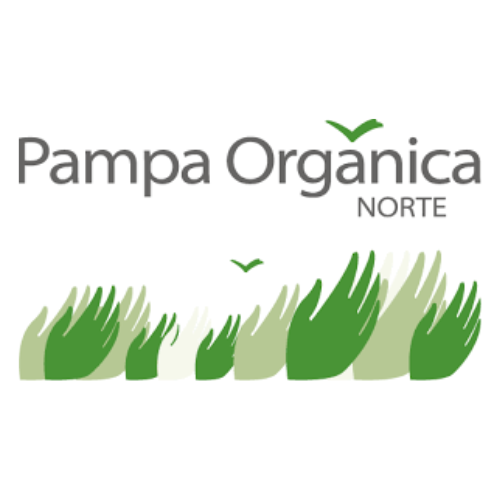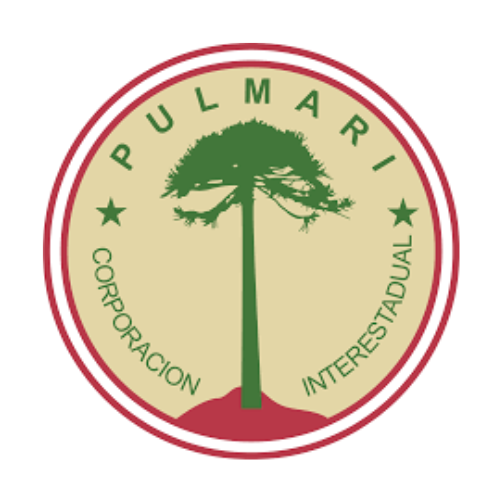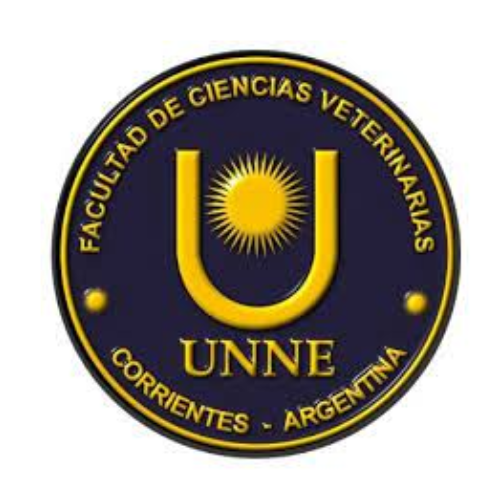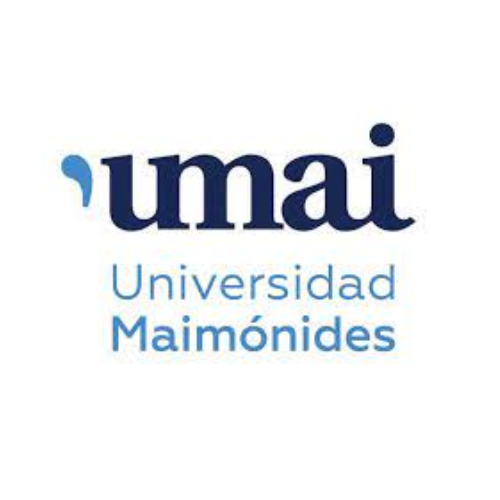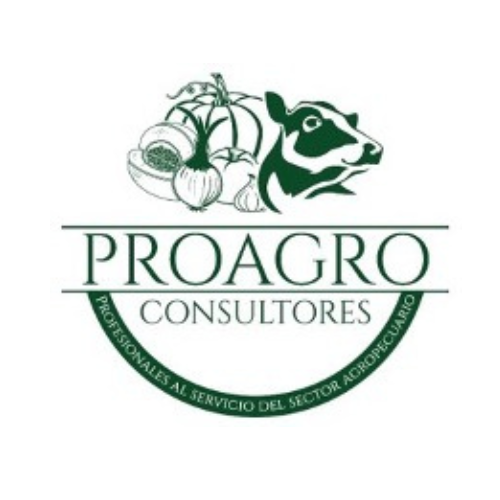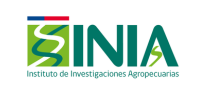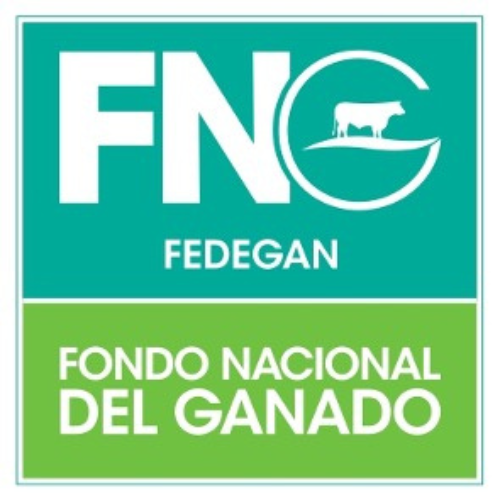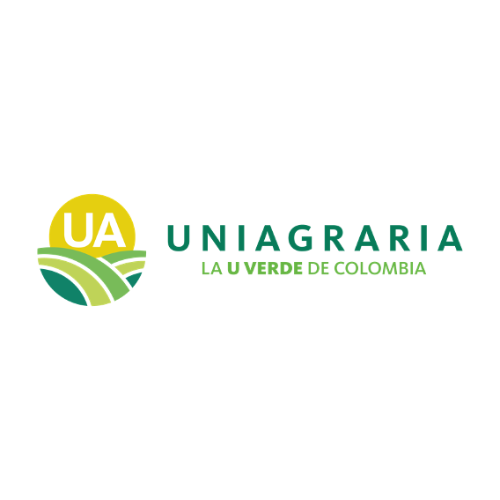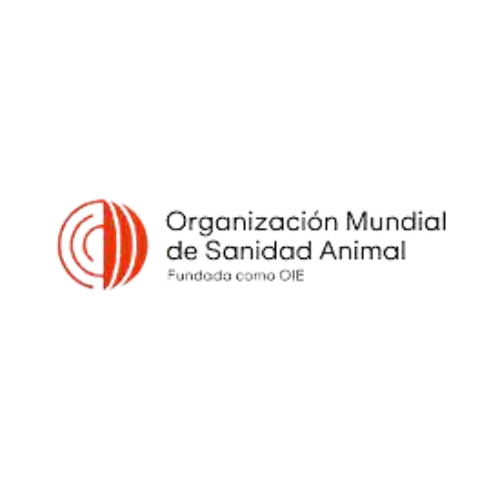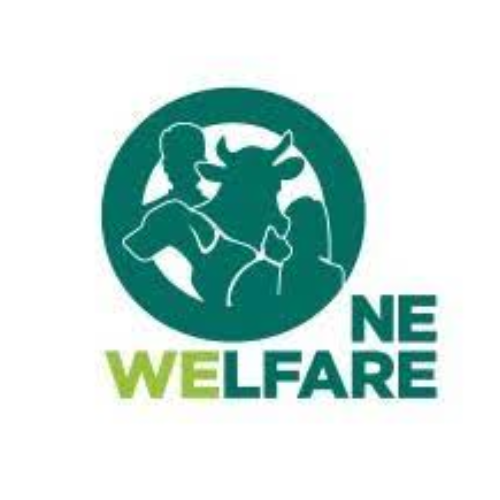One Welfare: an innovative approach to resilient livestock farming
Contribute to the resilience of livestock systems, with a focus on "One Welfare", by implementing good practices for cattle and sheep based on animal welfare principles.
Context of the story
Sustainable livestock growth is a key challenge in Latin America and the Caribbean, given the increased demand for quality products, animal welfare, and sustainability. Argentina, Chile, and Colombia, major suppliers of meat, milk, and wool, face the impacts of climate change, which particularly affect small and medium-sized producers. This initiative promotes a comprehensive approach to “One Welfare”—animal, human, and environmental—integrating technical and traditional knowledge. Through Good Livestock Practices adapted to each region, it seeks to strengthen farm resilience, reduce losses, improve productivity, and move toward more sustainable and innovative livestock farming.
Strengthening the co-participatory capacity of livestock-raising communities to implement the GLP-AW and disseminate the results of their adoption.
The implemented initiative
The consolidated regional co-innovation platform now covers six ecoregions: from the highlands and eastern plains of Colombia, through the savannas of northeastern Argentina and Patagonia, to the valleys of central and southern Chile. Through co-participatory workshops, technicians, producers, Mapuche communities, cooperatives, universities, and institutions identified and prioritized Good Livestock Practices with a focus on Animal Welfare to adapt them to each reality. The goal is to weave local networks that generate sustainable solutions with territorial identity, cultural respect, and shared commitment.
To develop and validate, through a regional co-innovation platform, process-based technologies implemented together with farmers to increase production rates and to improve livestock system resilience in each country.
The technological solution
The regional co-innovation platform made it possible to identify and prioritize Good Livestock Practices with a focus on Animal Welfare (GLP-AW) through a co-participatory methodology based on intercultural social technology, linked to local production indicators. In Argentina, cattle producers in the northeast prioritized the strategic use of forage, calf welfare, herd management, and health treatments, while in Patagonia, Mapuche communities prioritized improvements in identification marking, shearing, and reproductive management. In Colombia, key practices included pre-calving shearing, hoof health, and parasite control in the highlands, and heat stress management, pain control, and silvopastoral systems in the plains. In Chile, a participatory assessment defined a roadmap to address challenges in dairy farming and the welfare of working oxen, integrating these into the One Welfare approach and the SDGs.
Capacity development is essential for improving animal welfare in practice, enabling farmers and communities to enhance productivity, reduce stress and disease, and improve livelihoods.
Participating countries
Type of project
Results
In the first year, the commitment of the co-executing agencies and partners to establish a baseline on practices and technologies related to animal welfare in cattle and sheep was reaffirmed. Outreach events and seven co-participatory workshops were held with 188 local actors, generating a report and four technical notes with preliminary results. In Argentina, the “One Welfare” approach was promoted in family livestock farming with territorial identity. In Chile, priorities were defined in the dairy sector, integrating animal welfare into key processes. In Colombia, practices were identified and action plans were initiated on pilot farms, articulating technical and traditional knowledge. The initiative strengthened local networks, identified at least eight demonstration units, and promoted tools and learning to advance toward more resilient, sustainable, and inclusive livestock systems

 Back to the project
Back to the project Argentina
Argentina Chile
Chile Colombia
Colombia United Kindom
United Kindom